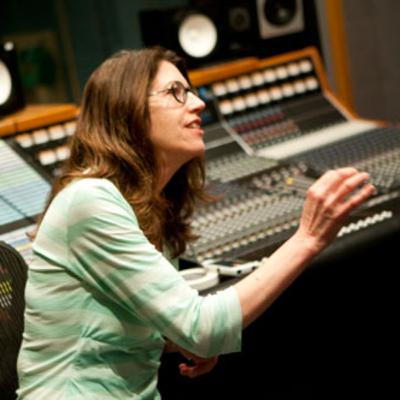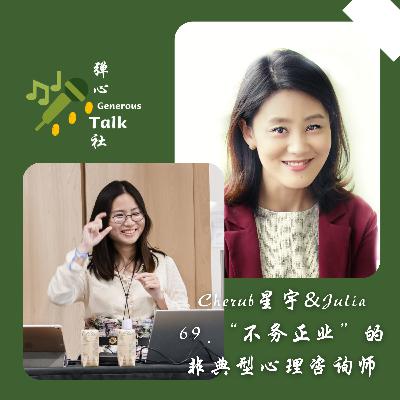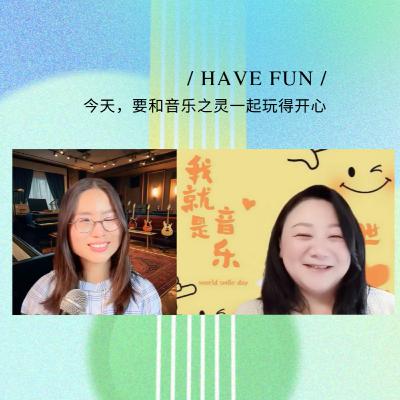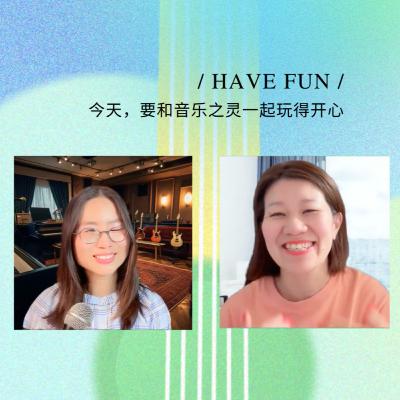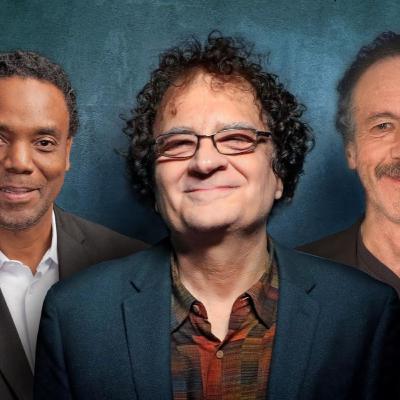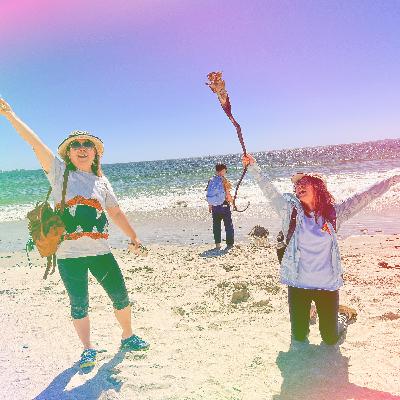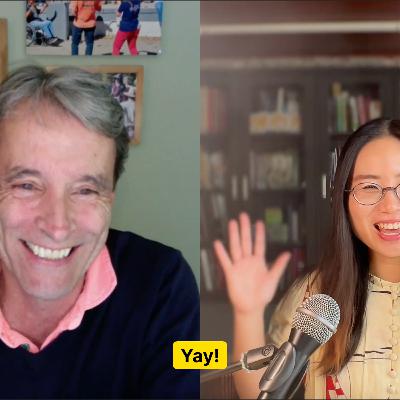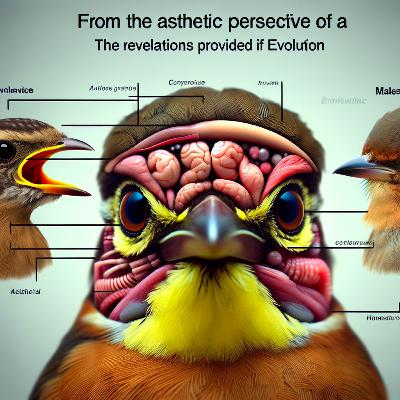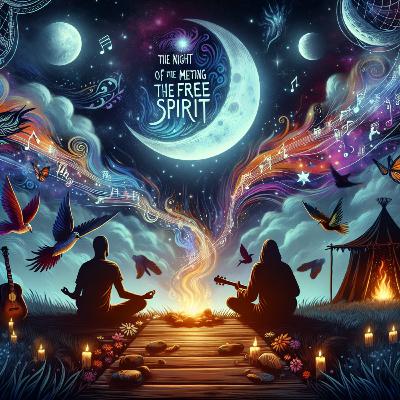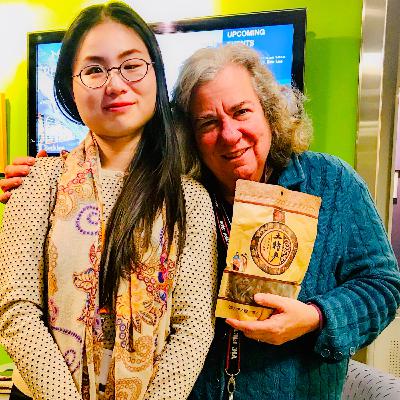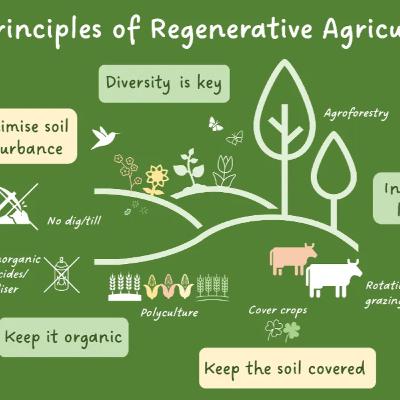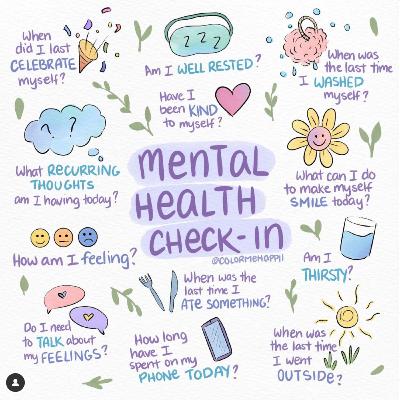62. When you love what you do, the work is easy and fun | Susan Rogers
Description
The profound impact of music on personal development, creativity, and emotional well-being; the importance of music therapy; the role of listener profiles in shaping musical preferences; the benefits of music education. Dr. Rogers shares insights from her career in music production and neuroscience, emphasizing the need for creativity and the significance of understanding one's unique relationship with music.
Guest Bio
Director, Berklee Music Perception and Cognition Laboratory; Record Producer; Author, This Is What It Sounds Like: What the Music You Love Says About You
Susan Rogers holds a doctorate in psychology from McGill University, where she studied music cognition and psychoacoustics under researchers Daniel Levitin and Stephen McAdams. Her research focuses on auditory memory, the perception of musical signals, and the influence of musical training on auditory development. For two decades prior to her science career, Rogers was one of the world's few women known for her work as a record producer, engineer, mixer, and audio electronics technician. Career highlights include years (1983–1988) as staff engineer for recording artist Prince and working with such diverse artists as Barenaked Ladies, David Byrne, Tricky, and Tevin Campbell.
Chapters
00:00 Background story about this episode and Happy New Year
02:55 Susan's favourite music genre
05:58 When you love your work, it's so easy. -- a multifaceted career
09:14 As a child, I knew I did not want to be a musician, but I want to help bringing music into the world.
12:30 Which archetype are you? from the early Silicon Valley
15:19 7 dimensions of a song and listener profile
18:04 Which element of a record is "right" for you? How it shapes your brain's auditory cortex?
19:59 How early childhood music listening experiences shapes our brain?
25:08 I don't listen to music. Can music therapy benefit me?
28:15 How prevalent is tone deaf?
29:01 Research shows learning to play an instrument at any age improves your mood, memory, immune system
30:42 How to bring more music into your life and enhance quality of life?
33:02 The music of our culture mimics the way we use our voices to convey emotions.
34:06 Appreciate the music from various culture help us expand our experiences and personal identity
35:34 How to do a "Record Pull" with your friends?
40:37 Don't prepare to 100% ready: The Power of Nervousness in Performance
42:25 Lack of Focus is the Biggest Enemy of Greatness --Jerry Seinfeld
44:05 How to find the perfect level of stage fright? Mindset matters
45:58 The greatest benefit of a proper music education, what research says?
47:37 Musical boys are more cooperative and empathetic, research shows
49:04 The impact of group music lessons for children and adults
51:13 You can be musical without being a musician.
53:16 Brain differences in Trained Singers vs non-singers
56:01 Creativity and the brakes in your Brain
01:05:02 Protect Childlike Wonder and Creativity: Never tell your child to hurry.
01:07:33 Take your brain off its leash, be free and have fun!
01:11:22 Childish VS Childlike: breaking free from the "should"
Takeaways
- Music can be a powerful tool for healing and personal growth.
- Understanding listener profiles can enhance our appreciation of music.
- Creativity is essential for personal fulfillment and cannot be forced.
- Music education fosters cooperation and empathy in children.
- Music therapy can benefit individuals regardless of their musical background.
- Childlike curiosity and openness are vital for creativity.
- The brain's response to music shapes our preferences and emotional connections.
- Engaging with music can improve cognitive functions and emotional well-being.
- Sharing music with others deepens connections and understanding.
- The future of music lies in the intersection of creativity and neuroscience.

